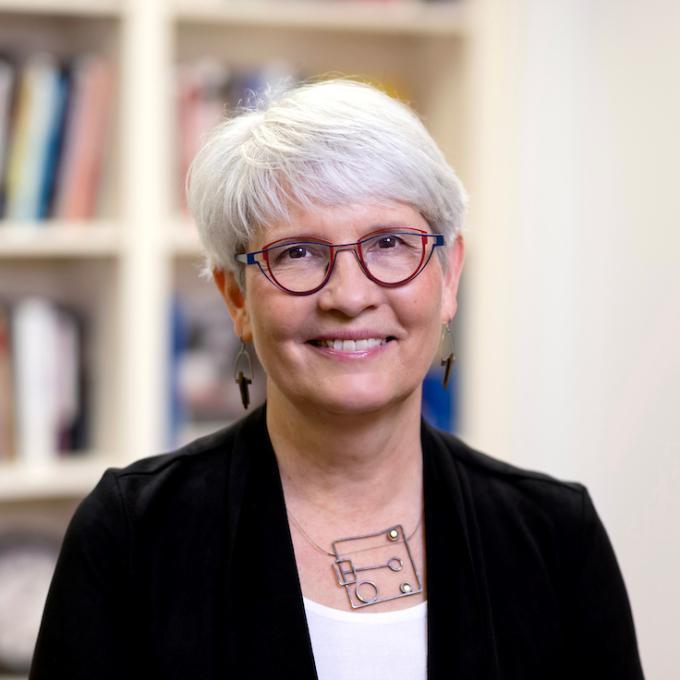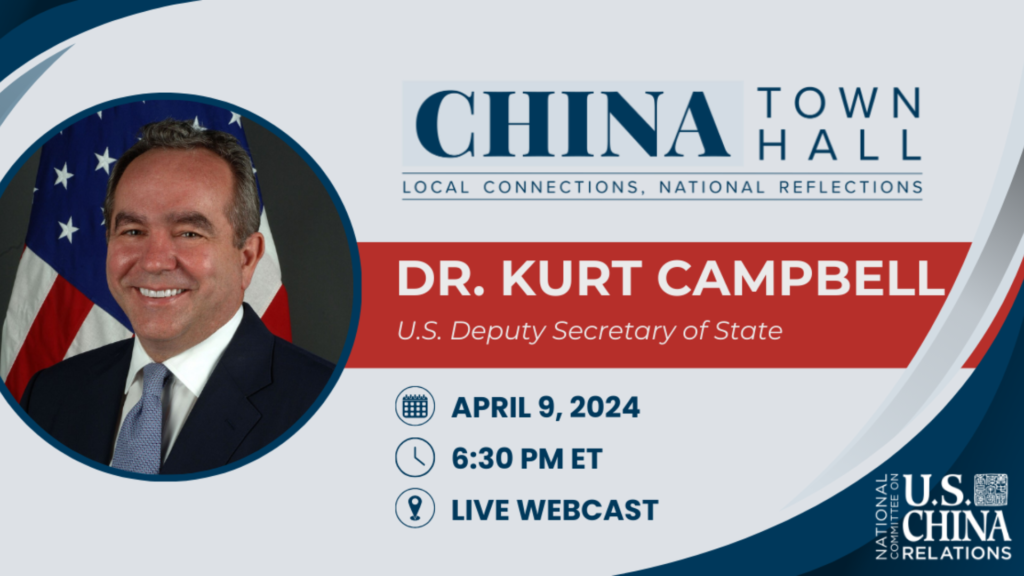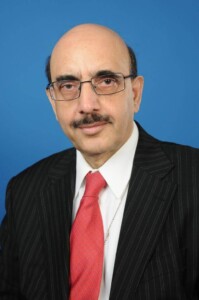China’s Digital Yuan: Is Data the New Currency?
According to Deloitte, “the digital economy is the economic activity that results from billions of everyday online connections among people, businesses, devices, data, and processes. The backbone of the digital economy is hyper-connectivity which means growing interconnectedness of people, organizations, and machines that results from the Internet, mobile technology and the internet of things (IoT).”
The way we connect through websites, apps on our phones, and other tech platforms also means that information we generate through cookies, emails, IP addresses, and more provides billions of data-bytes of information to businesses, marketers, government entities, and sometimes, even dangerous non-state actors.
Chinese President Xi Jinping has called data “a new factor of production, a basic and strategic resource … necessary to build a digital economy.” However, China’s goal in advancing digital currency is about a national data strategy and civilian control.
Experts say digital currency could give Beijing a wealth of real-time transactions and individual profile data and tools to enact policy and increase its monitoring methods through direct access to its citizens’ digital wallets whether they are simply buying a cup of coffee or sending money to family. That poses privacy concerns, with China having used many tools in the past to crack down on dissidents.
Something to think about:
“The digital renminbi is likely to be a boon for CCP surveillance in the economy and for government interference in the lives of Chinese citizens,” wrote Yaya Fanusie and Emily Jin in a report last month for the Center for a New American Security, a Washington-based think-tank.
Join the World Affairs Council of Charlotte as we learn from Yaya Fanusie about data as the “new” currency in a digital economy, China’s role in pursuing a digital currency platform that circumvents traditional financial models, and the future of financial institutions worldwide in this new global economic order.
Program Information:
Date:
Tuesday, October 25, 2022
VIP Reception:
11:30 – 12:00 PM ET
Lunch & Presentation:
12:00 – 1:30 PM E.T.
Location:
Hilton Uptown Charlotte Directions
Cost:
$55 (WACC Member Rate)
$70 (Non-Member Rate)
$30 (WACC Student Member / Teacher Member)
- Please call 704-687-7762 for credit card payments over the phone.
- Checks can be mailed to “World Affairs Council of Charlotte, 9201 University City Blvd., CHHS 227, Charlotte, NC 28223.
Biography:
Yaya J. Fanusie is an Adjunct Senior Fellow at the Center for a New American Security (CNAS). His research focuses on the national security implications of cryptocurrencies and blockchain technology. Yaya spent seven years as both an economic and counterterrorism analyst in the CIA, where he regularly briefed federal law enforcement, U.S. military personnel, and White House-level policy makers—including President George W. Bush whom he personally briefed on terrorism threats. In 2009, he spent three months in Afghanistan providing analytic support to senior military officials.
After leaving government service, Yaya worked for a small consulting firm focused on financial asset recovery cases involving global corruption. Later, as director of analysis at the Foundation for Defense of Democracies’ Center on Sanctions and Illicit Finance, Yaya led research work on sanctions evasion, terrorist financing, and Bitcoin money laundering. Yaya has testified before Congress multiple times on illicit financing issues. He has appeared on CNN, Fox News, and has been quoted in the New York Times, the Wall Street Journal, and the Washington Post. Yaya blogs at Forbes and is a frequent public speaker on cryptocurrencies and U.S. national security. He is certified with the Association of Certified Financial Crime Specialists.
Yaya is founder of Cryptocurrency AML Strategies, an advisory firm that helps financial institutions and technology firms address money laundering and terrorist financing risks associated with digital assets. In 2018, he developed and taught an Introduction to Blockchain Technology course at Morgan State University in Baltimore.
Yaya received an MA in International Affairs from Columbia University’s School of International and Public Affairs and a BA in Economics from UC Berkeley.
















